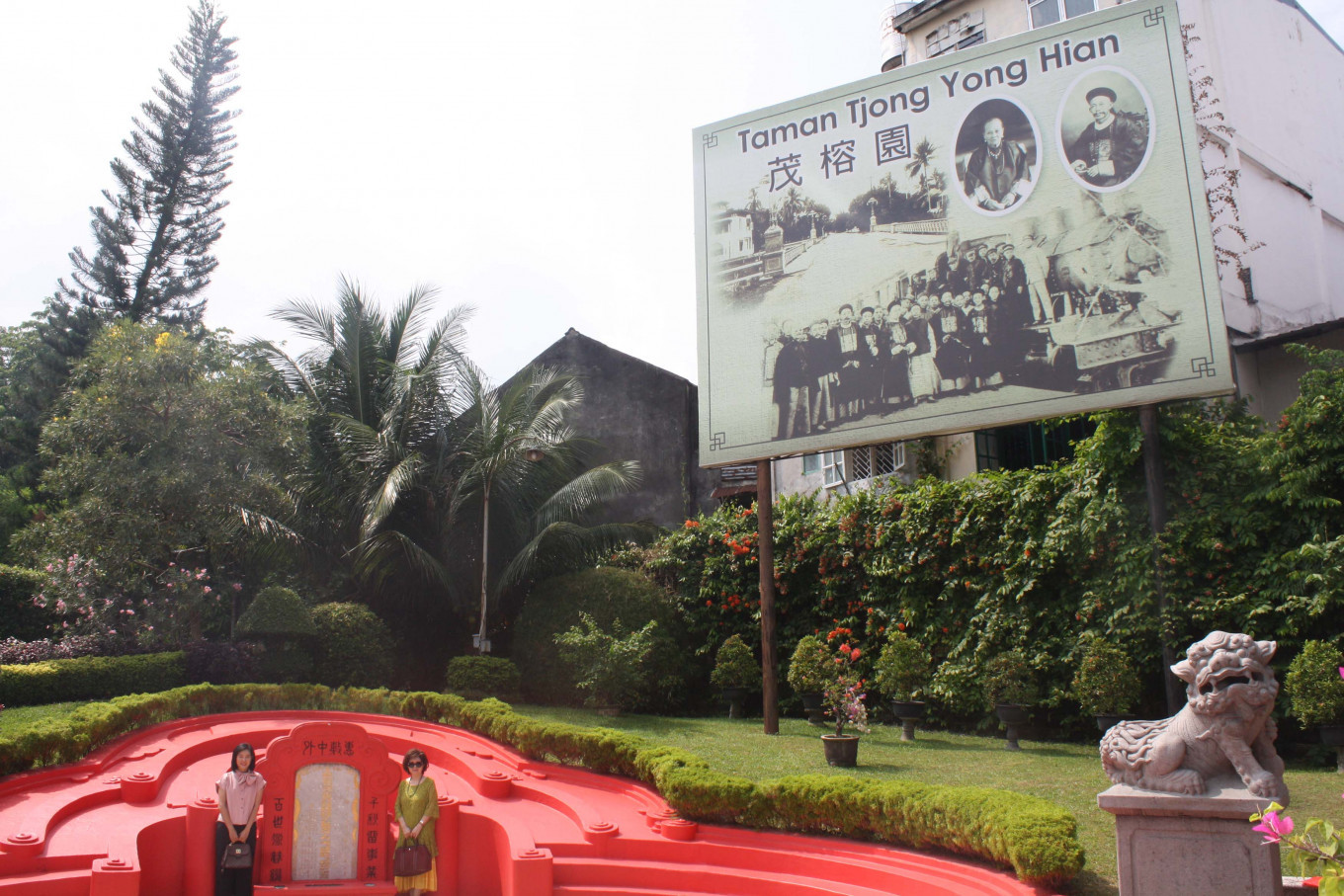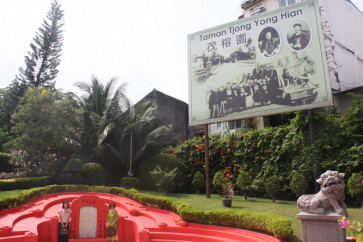Popular Reads
Top Results
Can't find what you're looking for?
View all search resultsPopular Reads
Top Results
Can't find what you're looking for?
View all search resultsPublic gallery to honor Tjong Yong Hian, Medan philanthropist who shaped the city
Tjong Yong Hian’s extended family is in the process of opening a public gallery that traces the late major’s life journey through an extensive collection of photography and memorabilia, as part of an effort to raise public awareness of his lasting impact on the city.
Change text size
Gift Premium Articles
to Anyone
I
t has been six years since the Medan administration in North Sumatra officially renamed what was previously known as Jl. Bogor after its first Chinese community leader, Tjong Yong Hian (1850-1911).
Yong Hian, who was granted the title of majoor (major) by Dutch colonial rule in the early 1900s, the highest rank for an ethnic community leader, came to be recognized as a notable figure in the city’s history for his contributions in the fields of education, health and culture.
However, his popularity remains eclipsed by his younger brother Tjong A. Fie – an influential entrepreneur and philanthropist in his own right who greatly contributed to the city’s development from the tail-end of the 19th century to the beginning of the 20th century.
Linda Setiawan, a 75-year-old member of Yong Hian’s extended family, said that despite his contributions, he had yet to be ingrained in the public’s collective consciousness as an important historical figure.
Having previously worked for three years in Batavia (now Jakarta) after immigrating from Guangdong, China, Yong Hian moved to Medan in 1867. There, he went on to establish trading firm NV Wan Yu Chong, in addition to several other businesses in agriculture, banking and maritime affairs.
As his businesses flourished, he asked his younger brother A. Fie, who had been staying in China, to come to Medan to help him manage his enterprises. At the height of his entrepreneurial success, Yong Hian made several generous donations to social causes, including the construction of a hospital for leprosy patients at Belawan Port, schools and the Medan Grand Mosque.
Linda recalled that it was Yong Hian’s numerous contributions to the city that prompted the Dutch colonial government to name him the leader of the Chinese community in Medan in the early 1900s.


















